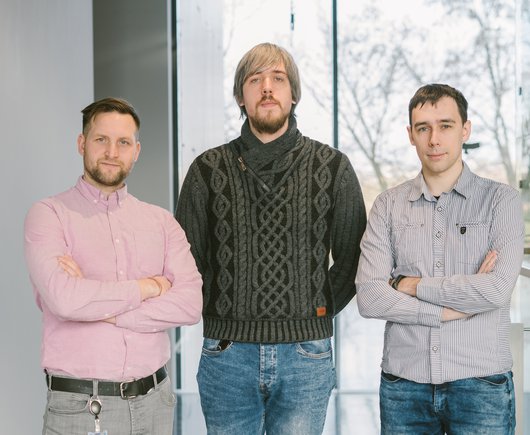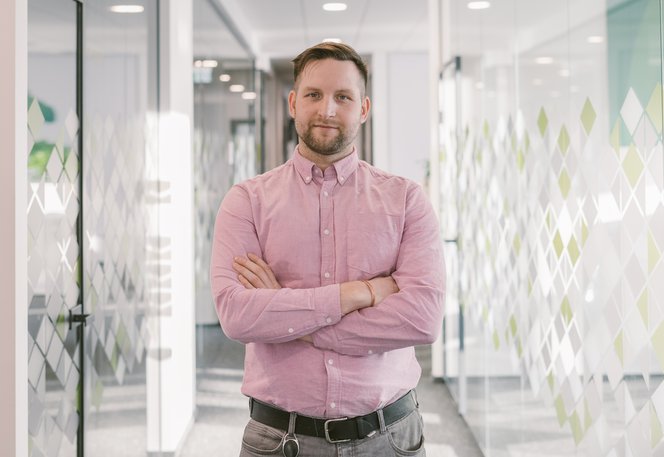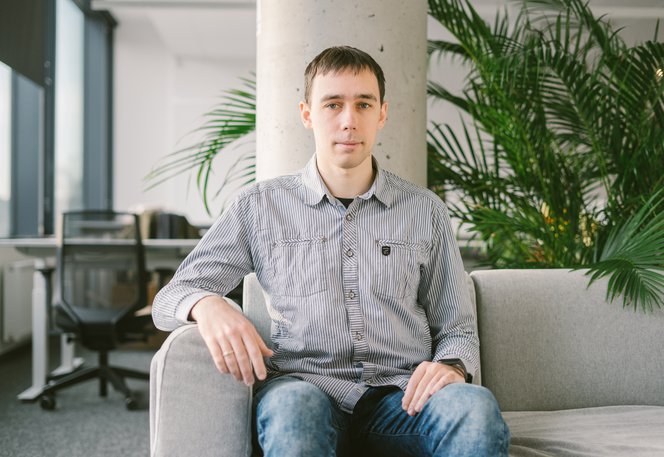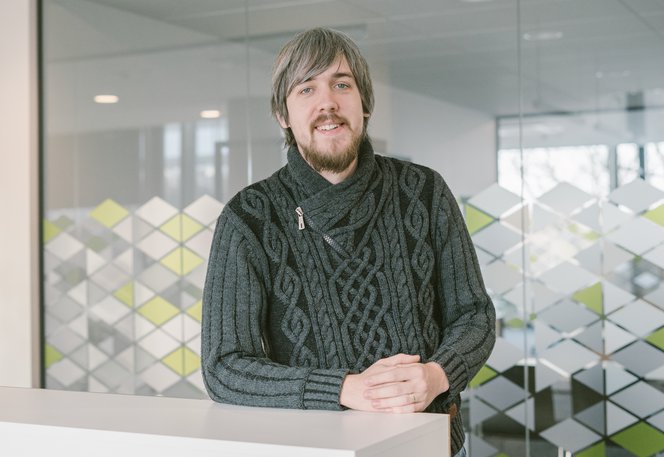10/01/2020
If we had to pick out the most mythical IT specialty, security specialists would undoubtedly rise to the top of the list. Not only because cybersecurity theme is often used in popular culture - from films to novels - but also because when the virtual space is increasingly starting to permeate all parts of our lives, practically all of us start to face non-security. "No one is safe," Centric IT Solutions Lithuania Security team's Engineers Aurimas Černiakovas, Lukas Antanaitis and Aivaras Klišauskas smile in unison, right away adding that in most cases, it is the inadvertent and reckless people who become the security's weak link and not the crooked technology. "Our main goal is to minimize the risk as much as possible and, in the event of something, detect it and respond promptly," cyber security experts say.





